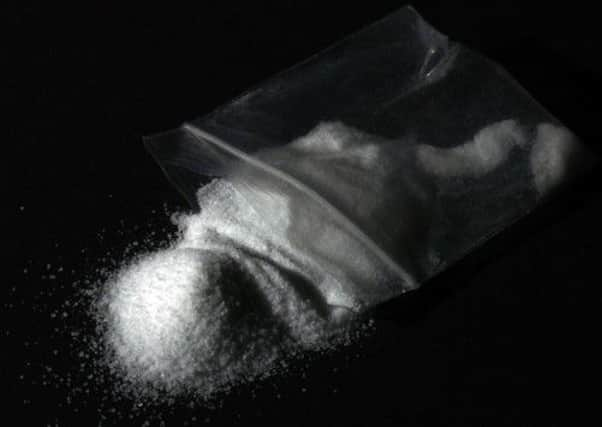Leeds ‘legal high’ shops face window blackout


City councillors have decided to act after being briefed by police on the growing number of psychoactive substances designed to mimic illegal drugs available at so-called ‘headshops’.
They say they were shocked at the number of different drugs available in shops throughout the city and what they describe as “the enticing packaging and shop displays which tempt people to try them”.
Advertisement
Hide AdAdvertisement
Hide AdThe councillors were told by two Leeds police officers that headshops brand legal highs as ‘research chemicals’ and tell customers not to use them recreationally if asked. As a result of the briefing by Melanie Jones, Chief Inspector of the Safer Leeds partnership, and Detective Constable Jamie Hudson, they pledged to work closer with public health and trading standards officials to raise awareness of the problems and tackle legal loopholes.
And they plan to look into whether a by-law could be passed in Leeds forcing headshops to blank out their windows and ban under-18s in a bid to make them less attractive to young people.
Mick Coulson, the council’s lead member for community safety, said: “These briefings were superb and helped us to understand an issue which many people are not aware of. Just because a substance is legal does not mean it is not as harmful as illegal drugs like ecstasy.”
Any by-law would only apply within a specific area and are usually only created when there is no general law that deals with a particular problem. It would have to ratified by the Government before it could pass.
Advertisement
Hide AdAdvertisement
Hide AdWest Yorkshire Police have been carrying out an ongoing campaign to target substances which are manufactured as chemical substitutes for illegal drugs such as cannabis, cocaine and ecstasy.
Many substances such as Mcat, which caused the death of Leeds 20-year-old Aimee Jade Costello last year, have now been banned, but labs can make substances to replace them.
In July a Leeds market stall owner was convicted over the sale of so-called ‘legal highs’ in the first case of its kind in the country.